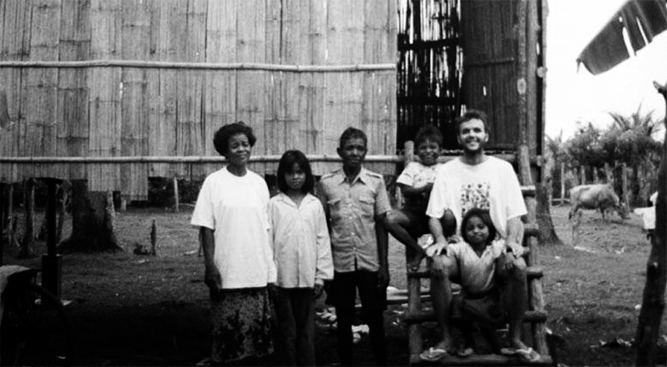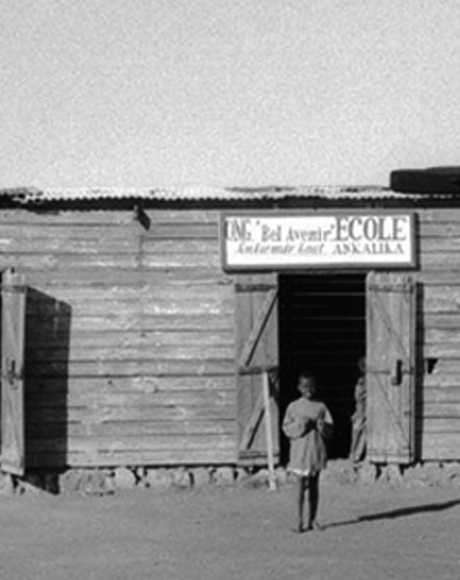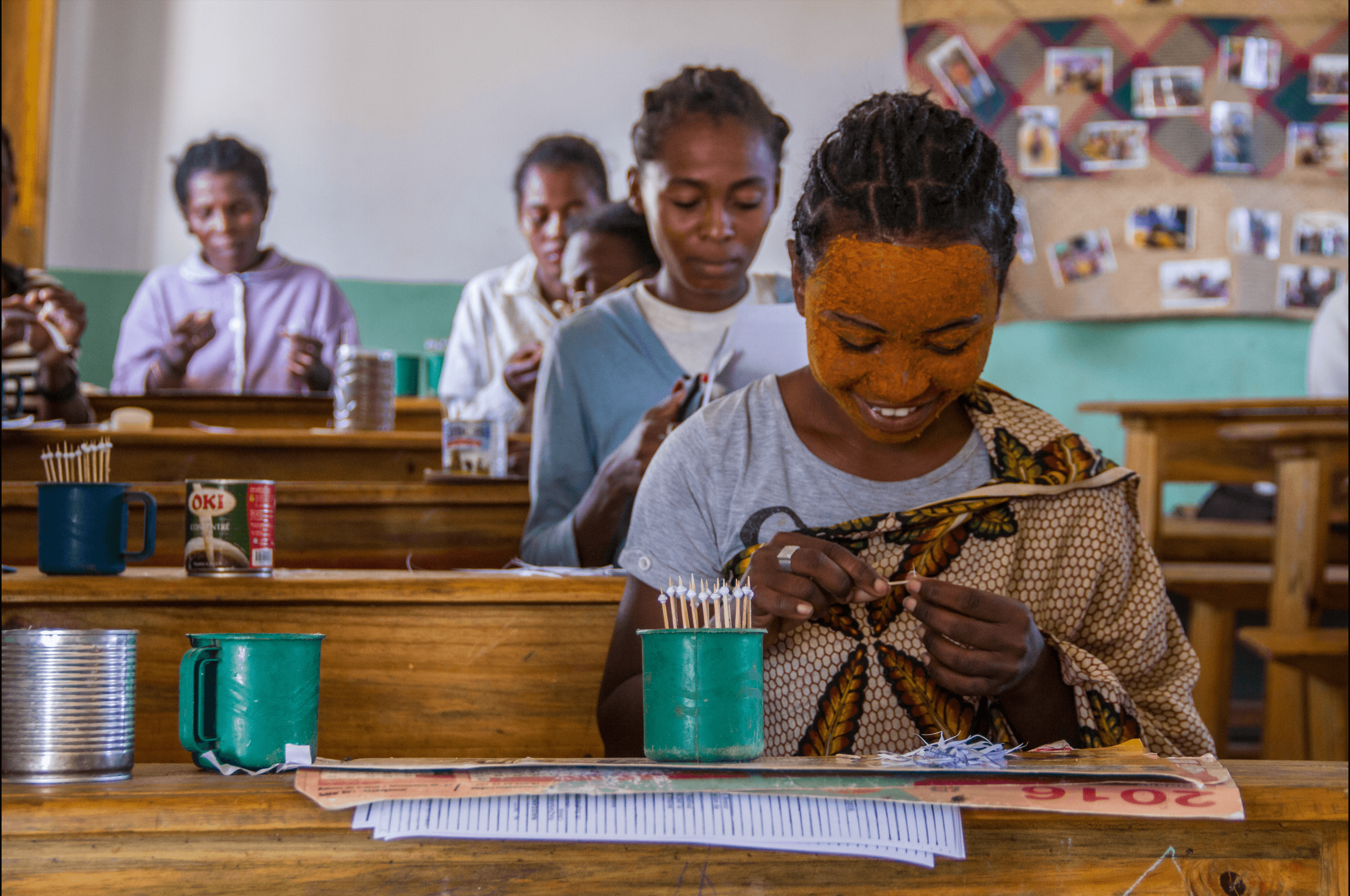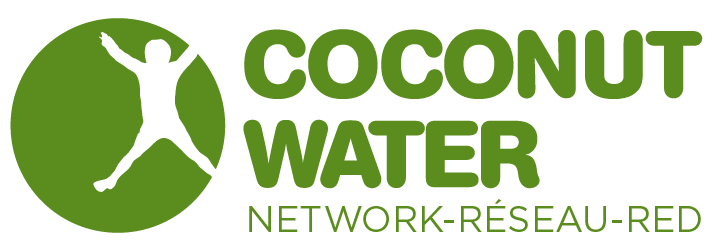Network
Coconut Water is an network of NGO which has been working since 1994 to boost international cooperation, to raise awareness and to educate for development with common values and points of action. This network, with subsidiaries in Spain, Andorra, France, Switzerland, Sueden, Hungary, Cambodia and Madagascar intends to encourage networking, south-south cooperation and to give more sustainability to its local counterparts.
What defines us
Mission
To improve the quality of life of disadvantaged people from the southern countries, especially women and children, using education as a driver of sustainable development.
Vision
Coconut Water will expand its work in Africa, Asia and South America with an innovative, sustainable, inclusive programme of development, in close relationship with its beneficiaries. Quality is an ethical commitment for all members of the Foundation.
Values
- Quality (in management, while attending the beneficiaries and in ethics).
- Respect for human dignity and the local culture by working hand in hand with the beneficiaries.
- Sustainability.
- Innovation and creativity in development programmes.
- Inclusion in all our actions.
What do we do? Lines of action
We deal with education, health and environment
Why these three lines of action?
Because they tackle the serious problems of the most disadvantaged communities in the areas where we work.
Because we achieve our goal: improving the living conditions of the socially excluded. Among those, we pay special attention to the child and their family.
Because our skills and our experience in those areas are highly valued.
Education
The main purpose of education is to fight child labour. We help children to attend school and we help the school system by trying to provide useful, sustainable quality education.
We give scholarships to children
We provide educational support for public schools and private ones: mobile library, mobile cinema, educational outings and stays, school cinema.
We fight child labour .
We raise awareness about the rights of children.
We carry out cultural and sport activities for young people.
Health and social inclusion
Improve the health care and the living conditions of mothers in impoverished families
Fight against teenage pregnancy and teen prostitution
Support the economic development of impoverished families
Promote the respect of children’s rights
Promote women’s rights and democratic life
Fight against malnourishment and promote health education (basic hygiene, reproductive and sexual health care)
Environment
Young adult education in enhanced farming techniques
Awareness about environmental respect
Ecosystem rehabilitation
Fauna and flora preservation
Do you want to know more about the network?
Visit the different countries!
Our history
More than 20 years of history
Coconut Water was born on December 20th 1994 in order to meet the needs of the families of the streets in Battambang city (Cambodia).
Later it spread to Brazil and Madagascar and the target was the needs of the children.
Nowadays Coconut Water mission is to contribute to the improvement of the quality of life of the groups in situation of social exclusion in southern countries, where there are more than 40,000 people benefitting from our projects in 3 continents.
The 90’s: The beginning

After the genocide perpetrated in Cambodia, the lack of resources turned wit into the best weapon against death. In hospitals, injured men were given coconut water intravenously during the war and we wanted to adopt it as the sign of identity for an NGO that was born with a very ambitious aim: the social and labour rehabilitation of street families. Ptea Teuk Dong was the name in khmer of José Luis Guirao’s first project and it translates as “The House of the Coconut Water”
End 1995 – early 1996, Jose Luis Guirao moved to Rwanda to assist the population displaced by the Tutsi genocide. But the governmental action to silence the slaughter forced many humanitarian organizations to leave the country and all the voluntary workers – including Jose Luis Guirao – left Rwanda in 1996.
Jose Luis moved to Madagascar where he started a new project to help street families in Fianarantsoa.
The Beginning of the 21st Century: New Challenges
In Spain, the year 2000 represents the year of internal organization.
And in America, hand in hand with the Asociaçao Dos Inhabitants Joanes Leste, a new project is started to help the most disadvantaged women of the favela of Alagados in Salvador de Bahia (Brazil),
In Madagascar and Cambodia new programmes are developped – popular cinemas, women’s training in jails, craft making and selling. The projects expand and they involve more and more families.
In 2003, the local NGO Bel Avenir is born to develop new projects in Tulear – south of Madagascar.
In the year 2004 we reinforce our agreements with PTD Holland, to attend to the activities of Cambodia.


The consolidation of a project
At this stage, Madagascar has the bulk of the projects.
Training projects, the farm school, two schools of primary education to rescue children and girls from child labour and a number of activities for children at risk of social exclusion.
The music project is born with Malagasy Gospel, a gospel choir of girls of different projects, with or without a disability.
In 2009, before the increase of voluntary workers and volunteers in Madagascar, Coconut Water opens the Mangily Forest Center, to host them and to promote solidarity tourism all over the world. In addition, after a food-processing study, we begin growing moringa, a plant with high energetic value that is used as a nutritional supplement for soup kitchens run by Agua de Coco.
